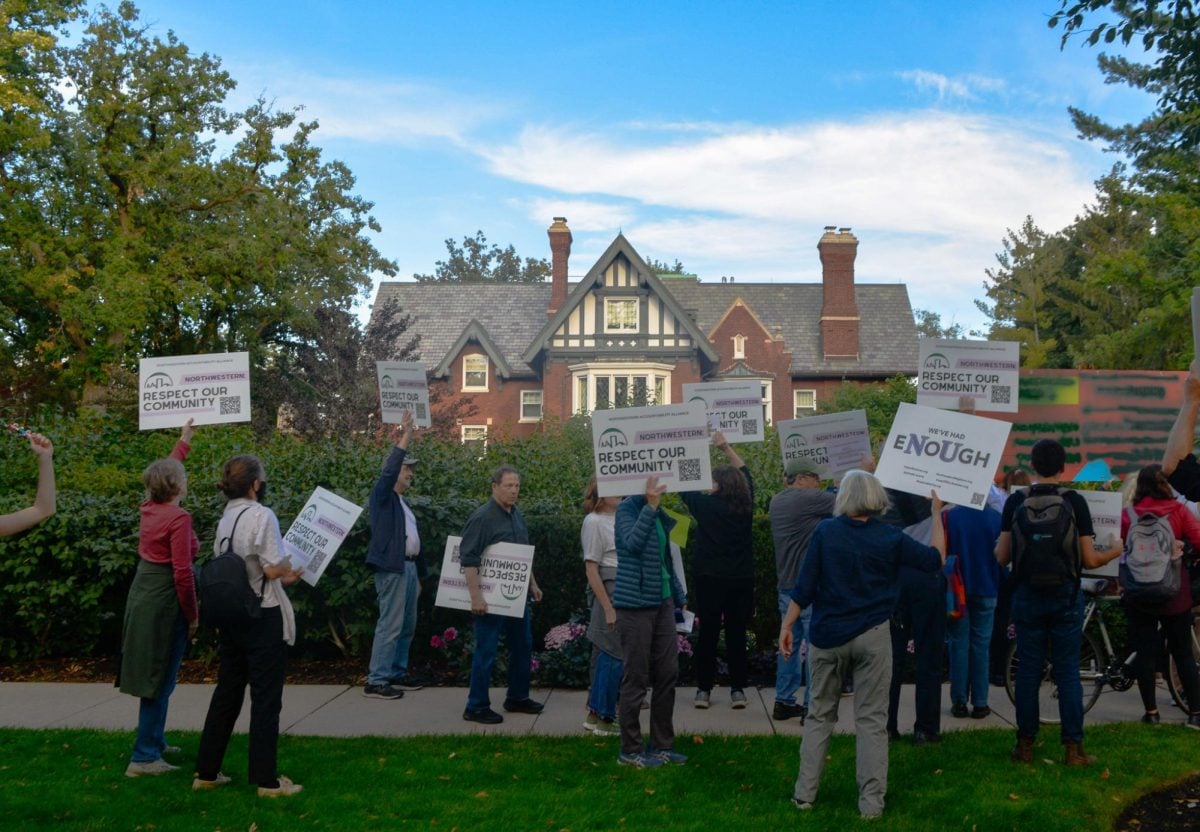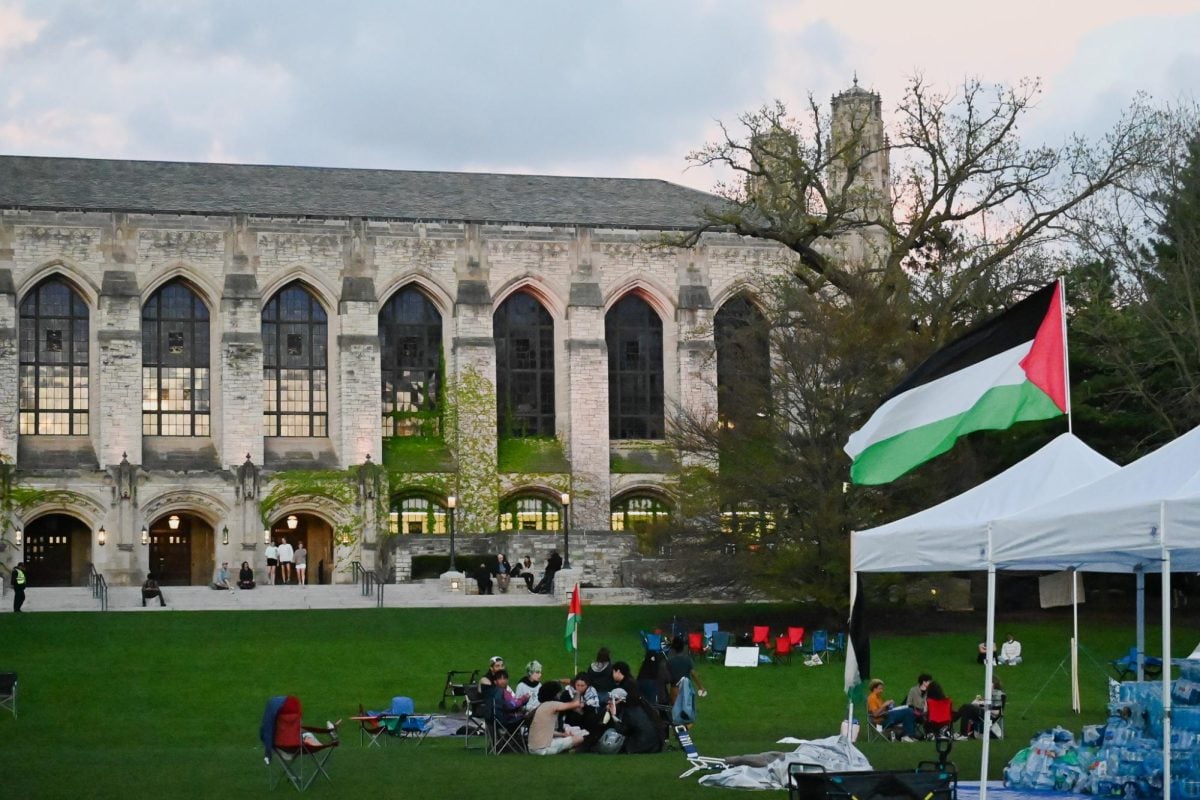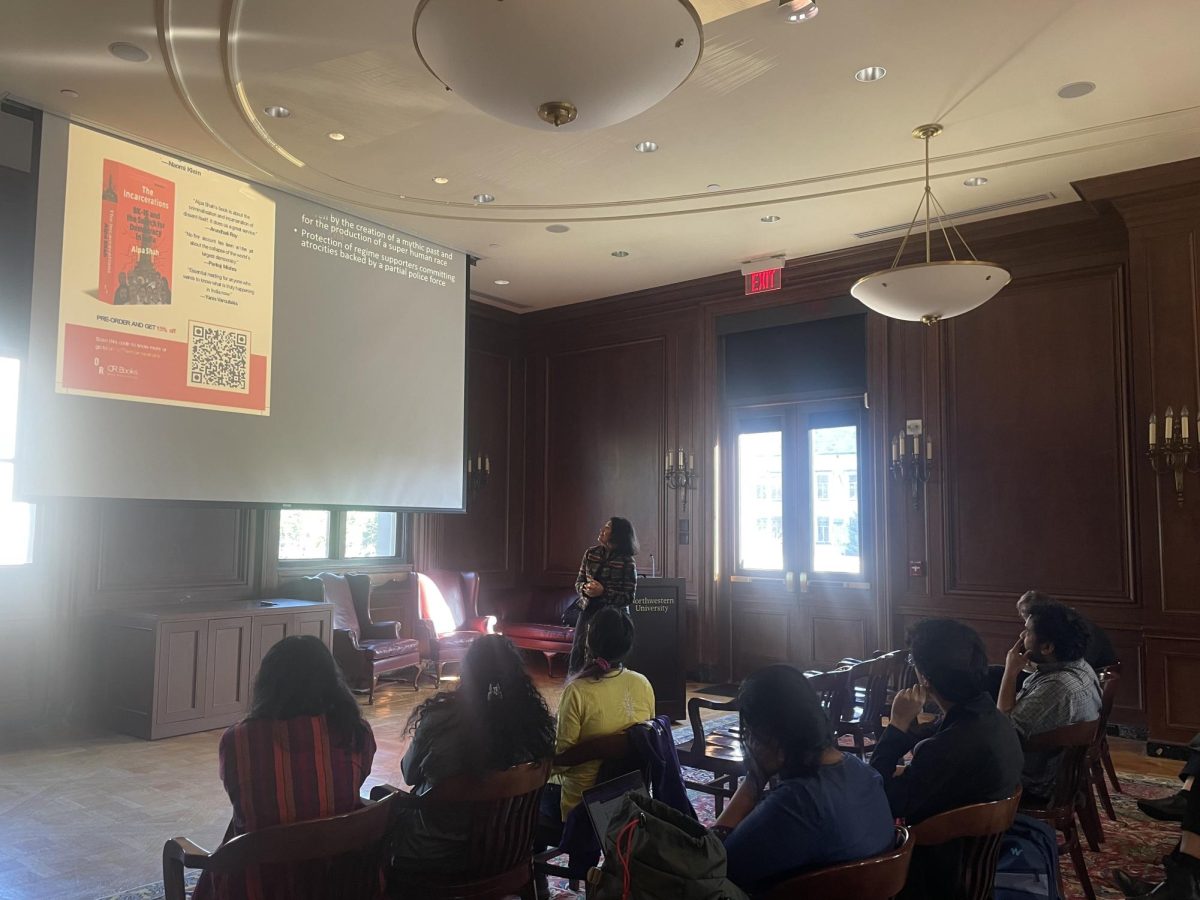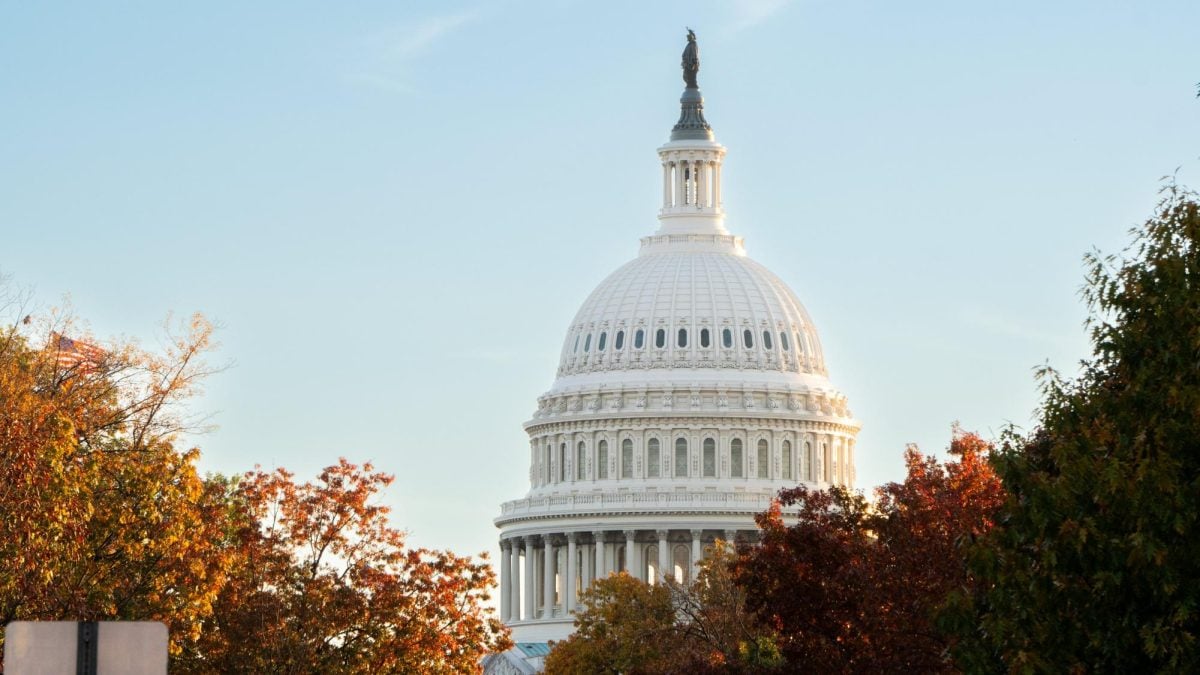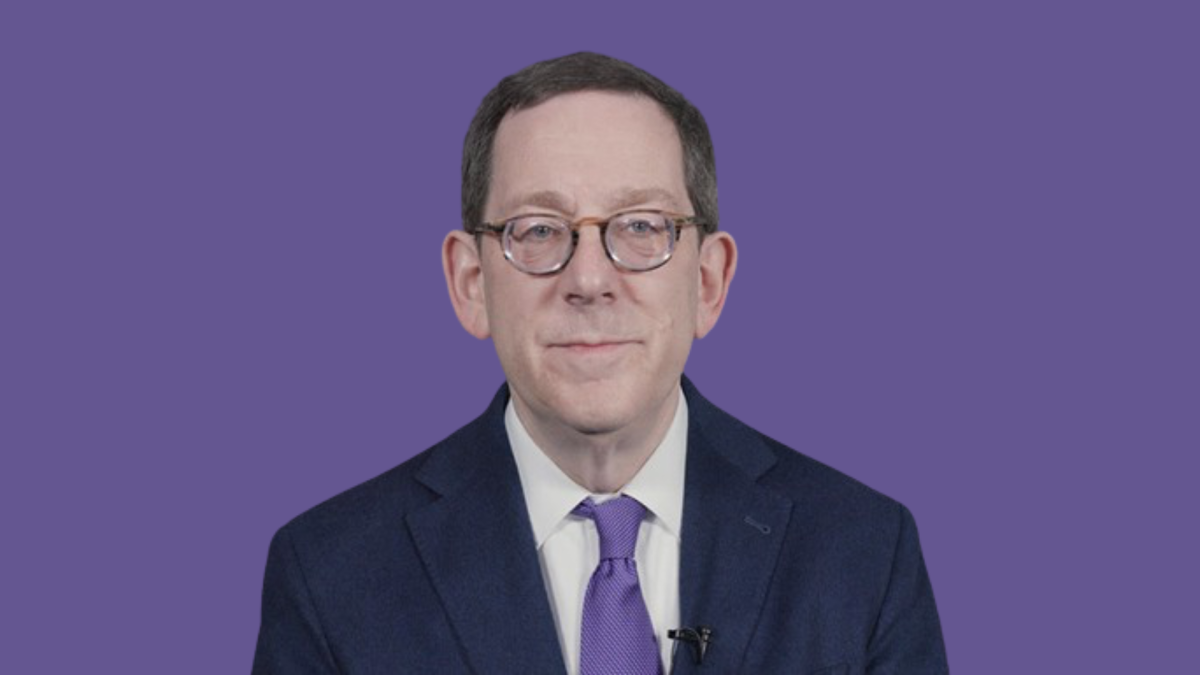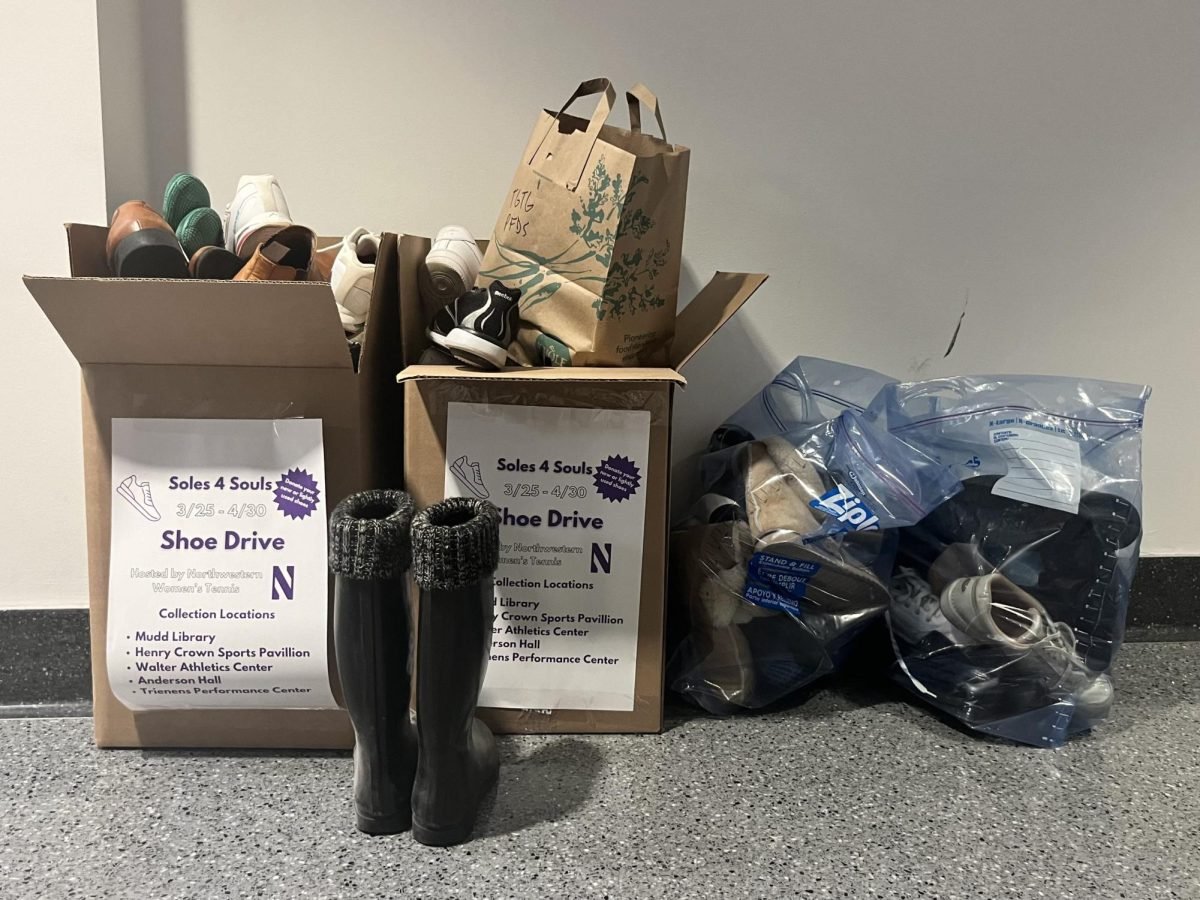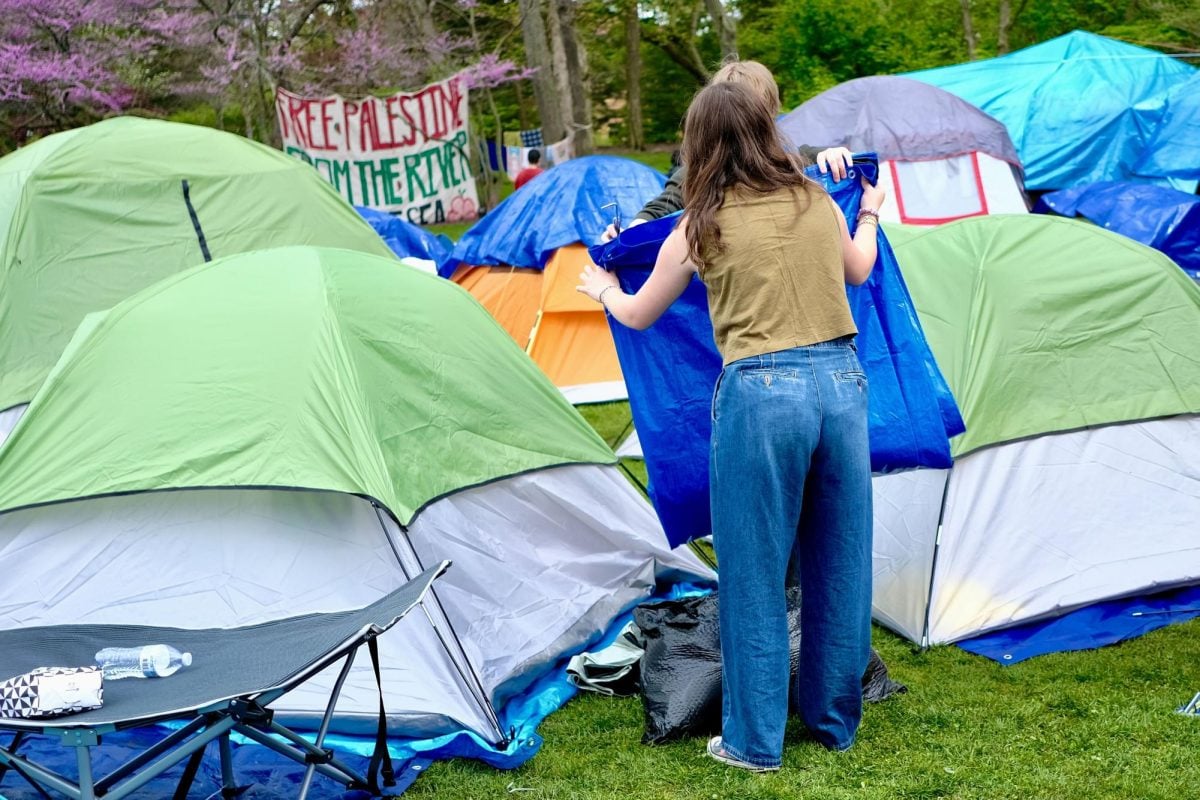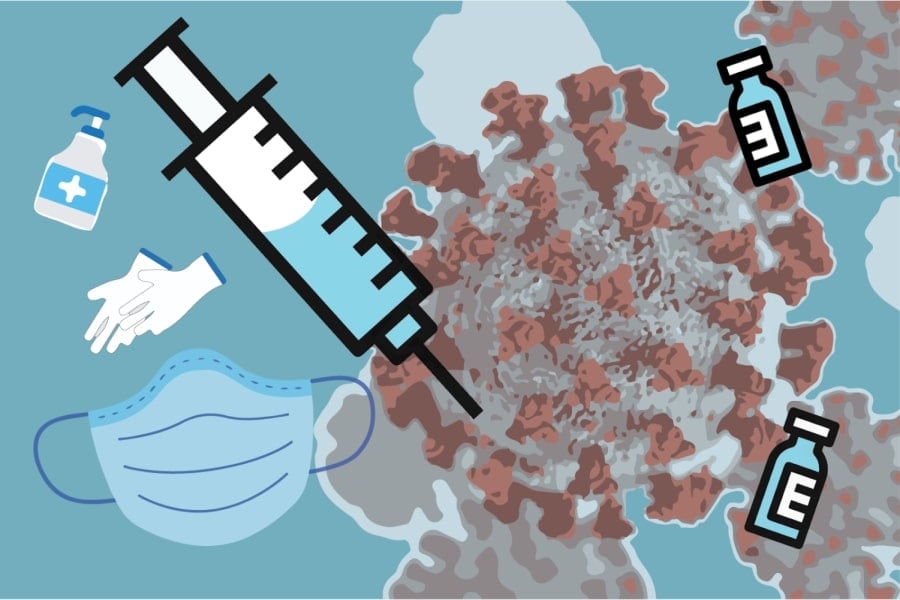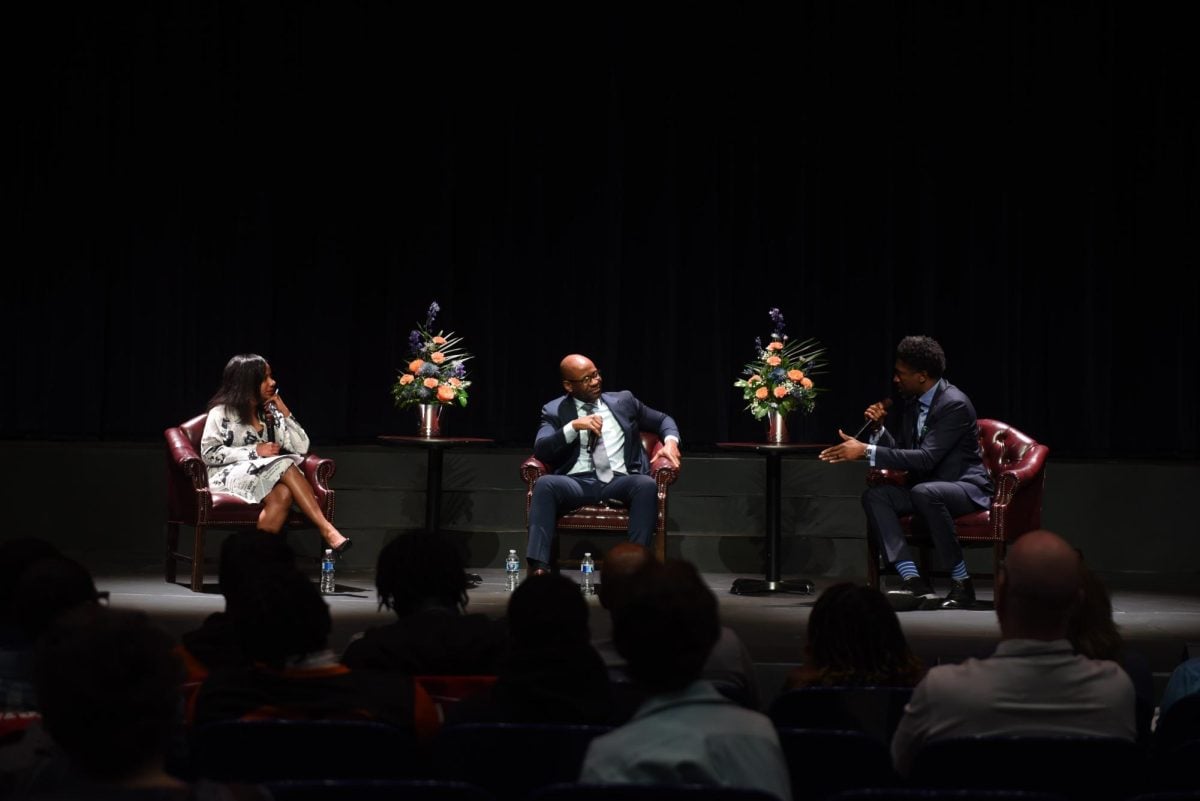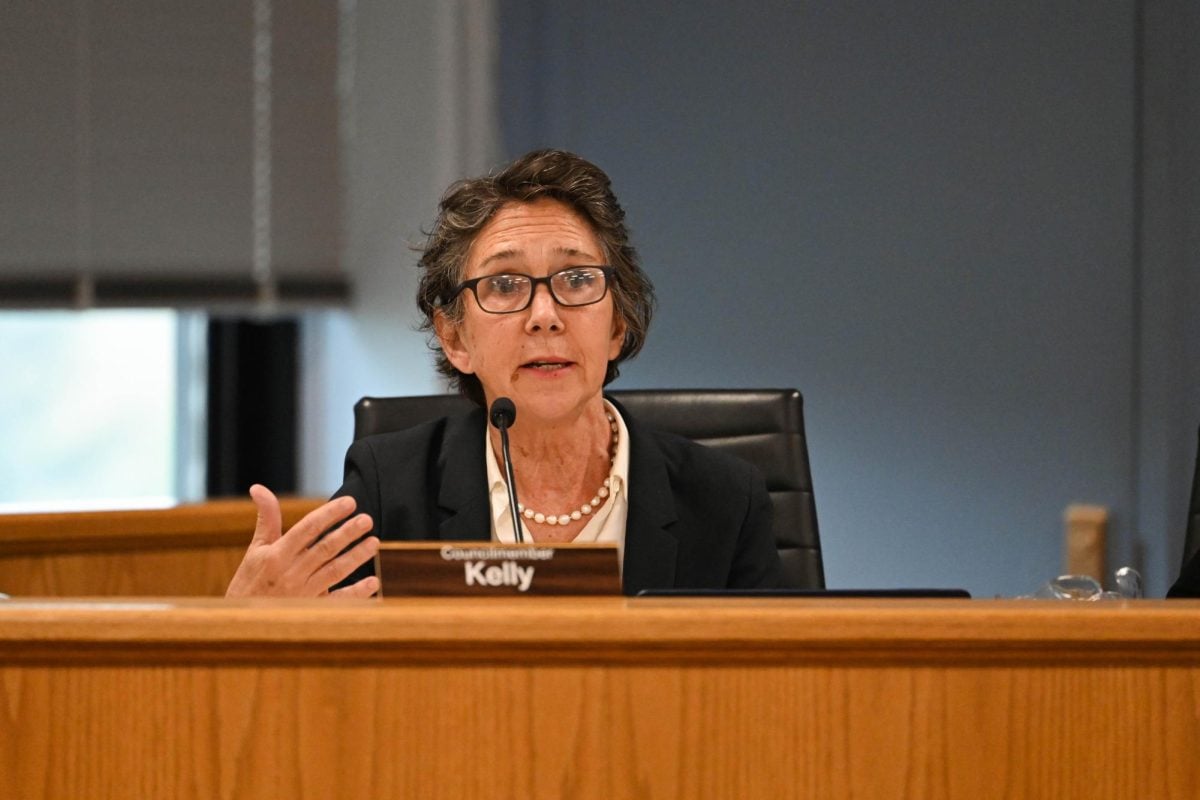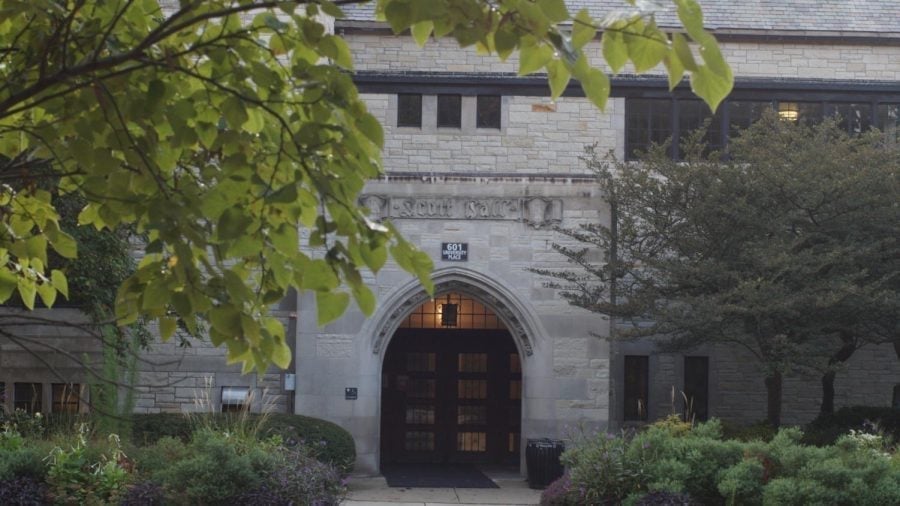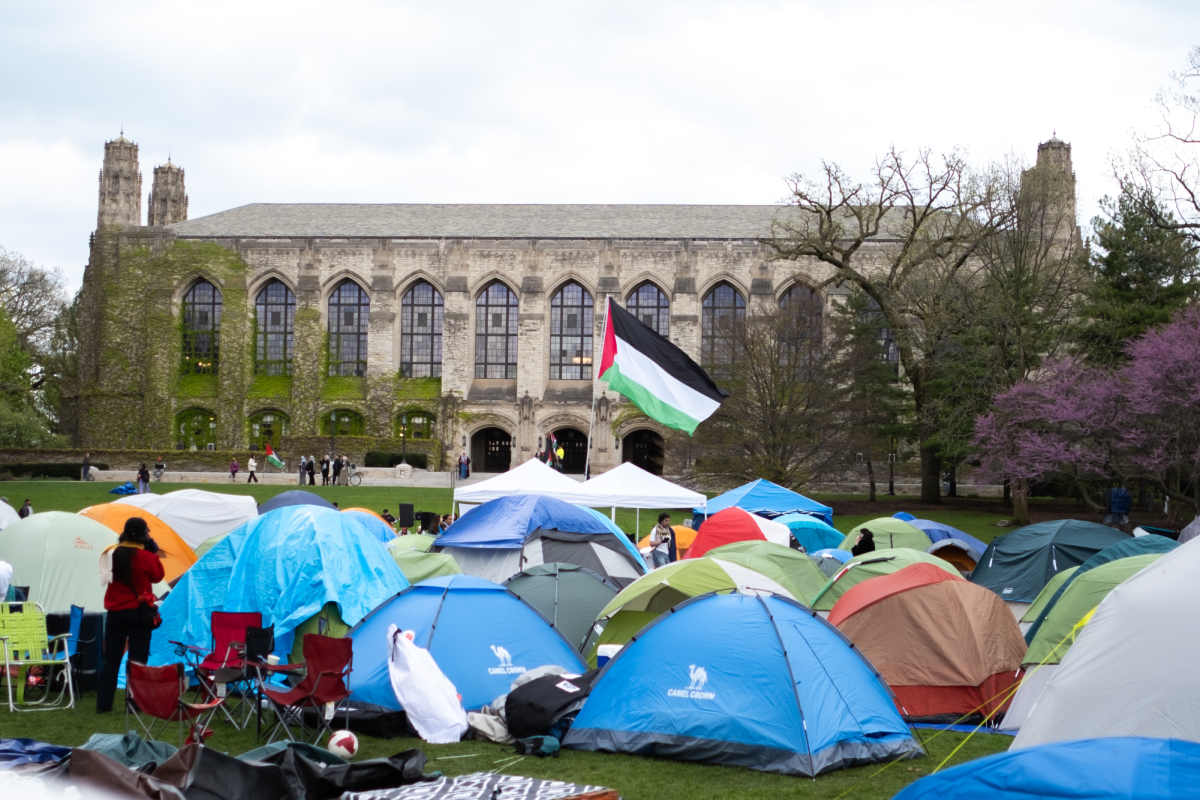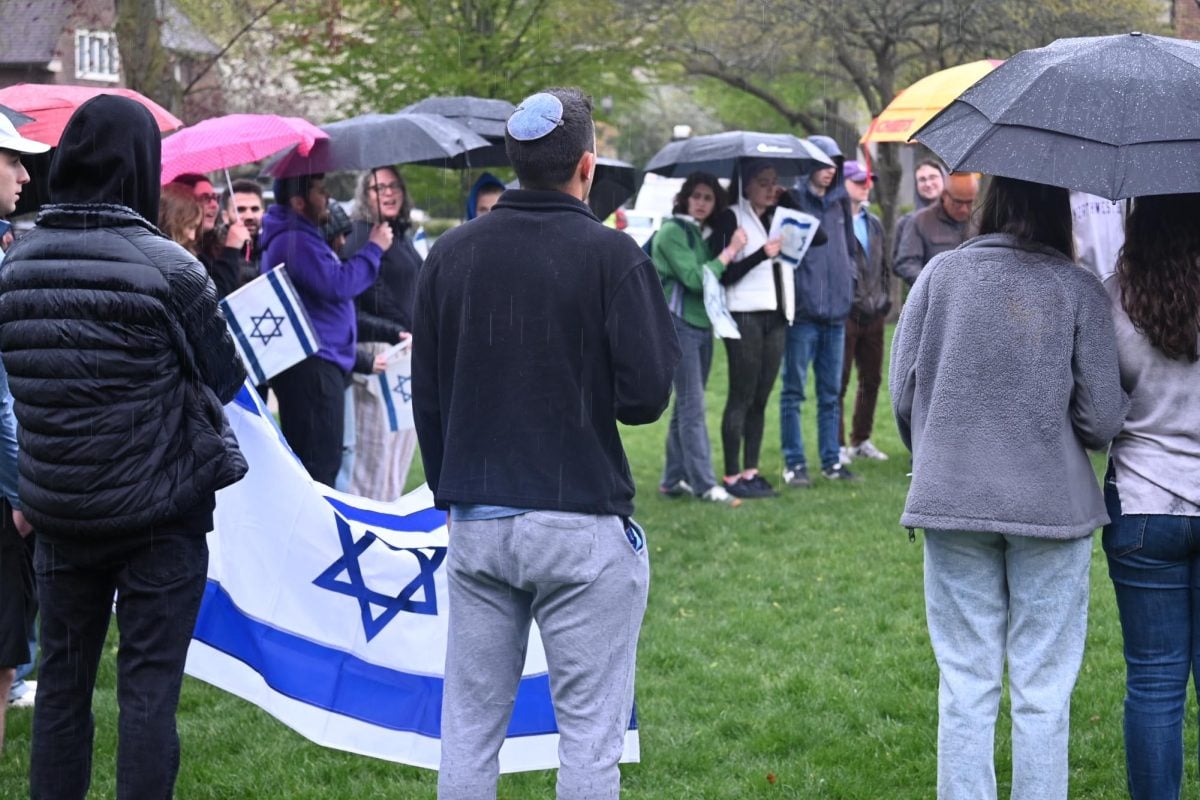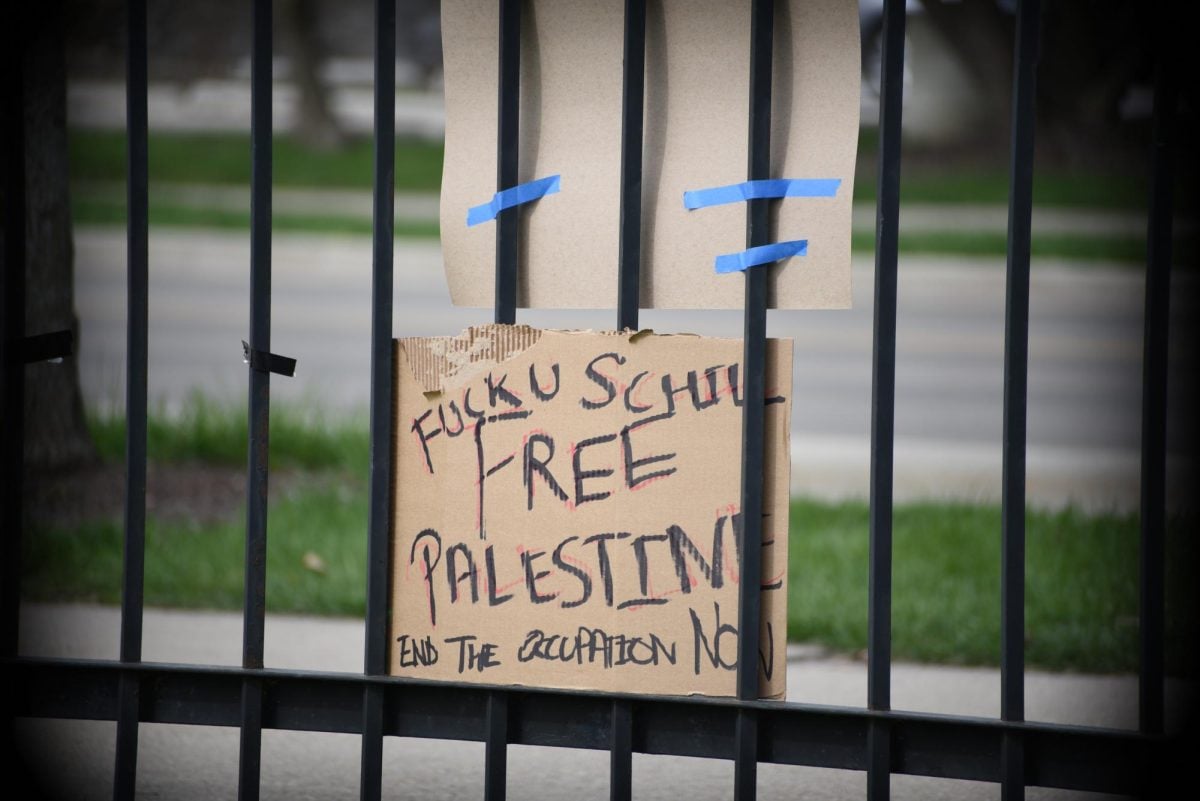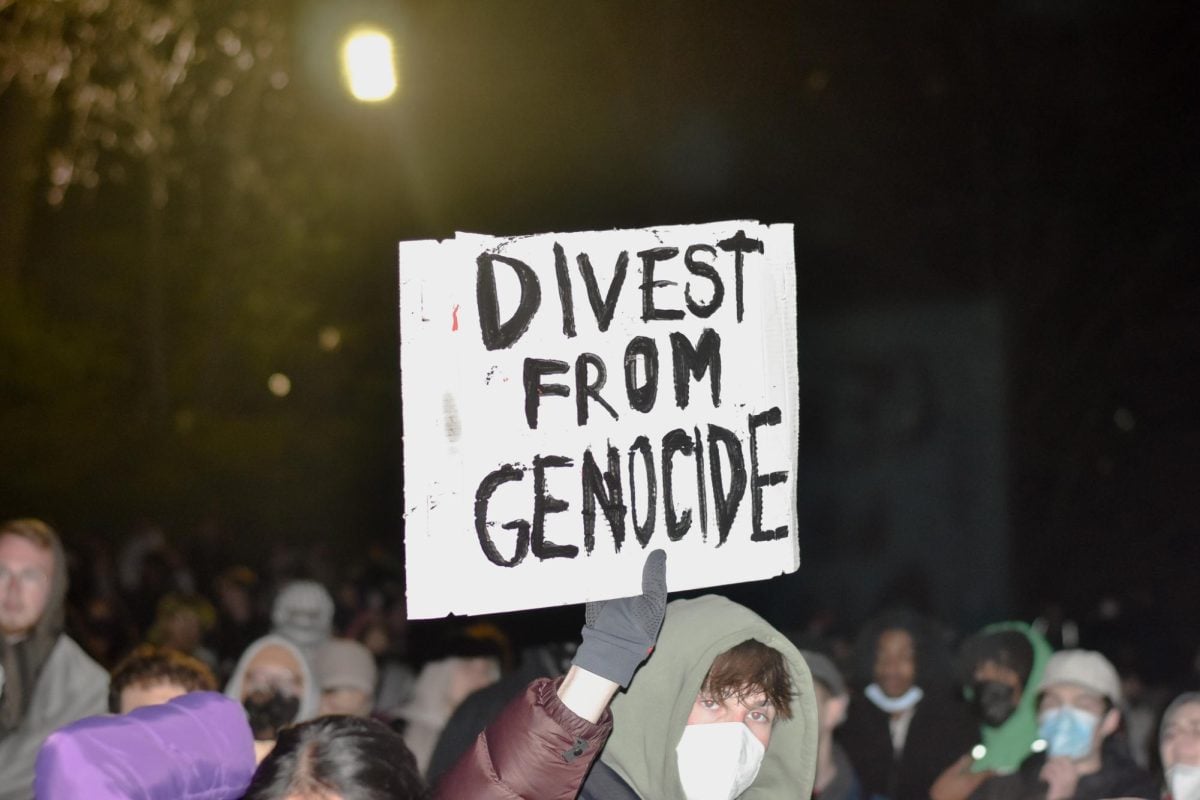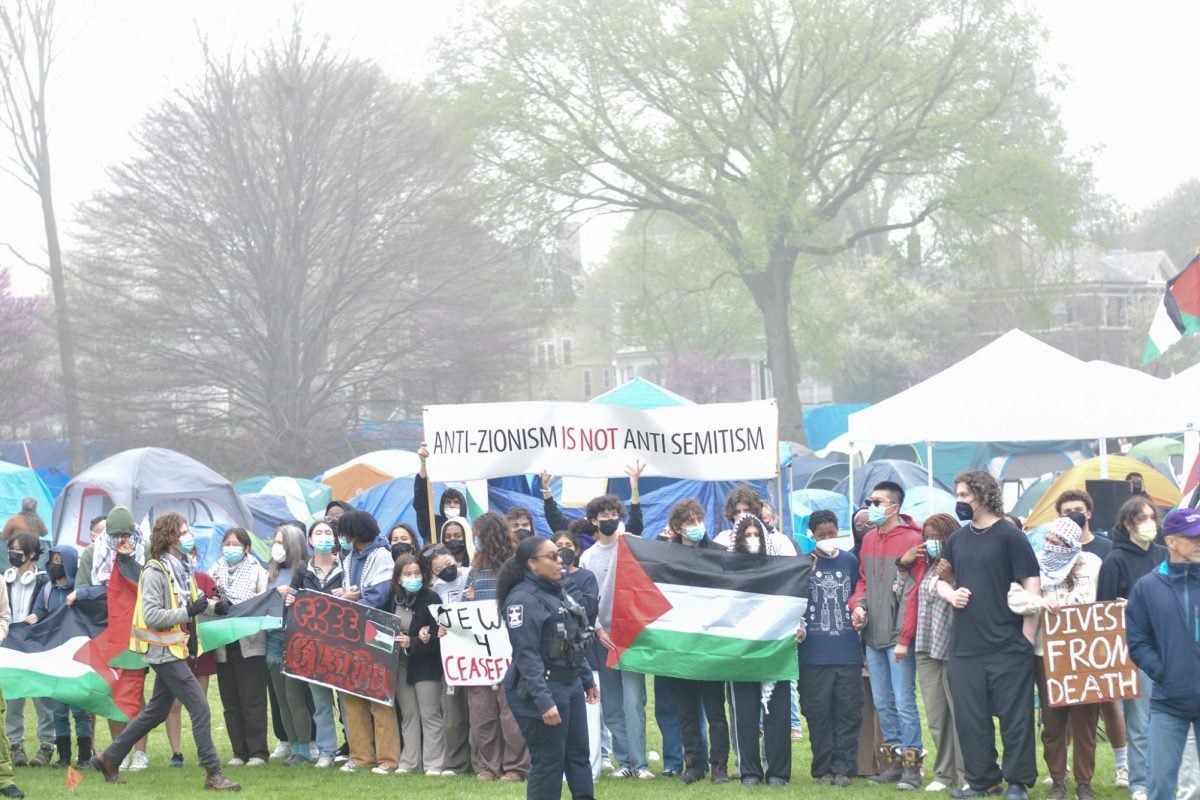After months of contentious talks, protests and votes, City Council is finally set to vote on two ordinances Monday: one that rezones Ryan Field to allow for public-facing concerts and another for the proposed rebuild of the stadium itself.
While many of the project’s most vocal opponents have been Evanston residents, several student activist groups at Northwestern have also spoken out against the controversial rebuild.
Northwestern announced a proposed community benefits agreement ― a legally enforceable contract between a party that wants to develop property and those parties that would be impacted by the development ― just hours before the Oct. 30 City Council meeting.
While Evanston residents had been calling for the CBA for months, residents of the city and students alike have criticized the agreement for its lack of community input and what they sey are unclear enforcement measures.
Northwestern University Graduate Workers member Adam Goldsmith said the agreement feels “really rushed.” He said City Council should either table or reject the ordinance in order to allow community groups and stakeholders to review the CBA and continue negotiations.
“This is a very one-sided deal where, in essence, everything from Northwestern is voluntary and contingent upon what they want to do, but everything for the residents and for the city of Evanston is mandatory,” Goldsmith said. “That’s not a good faith fair deal.”
NUGW is one of several NU and Evanston-based organizations part of the Northwestern Accountability Alliance. The Community Alliance for Better Government, the Most Livable City Association, Reclaim Evanston, Fossil Free Northwestern and Students Organizing for Labor Rights are all a part of NAA.
NAA organized a rally in September calling for the city to require a CBA as part of the rebuild project.
“The first thing we need to recognize is that we are Evanstonians — Northwestern is part of Evanston,” Communication senior and Fossil Free Northwestern member Jordan Muhammad said at the rally. “This can’t just be a top down benefits situation. We as Northwestern students need to find more opportunities to be in partnership with the Evanston community.”
At the Oct. 30 City Council meeting, councilmembers were split 4-4 on whether or not to introduce the rezoning ordinance, which would permit NU to host concerts at the stadium. Mayor Daniel Biss broke a tie to introduce the ordinance.
SESP sophomore Anusha Kumar — a member of Fossil Free NU and SOLR — said the University should have released the proposal earlier to allow councilmembers, Evanston residents and NU students more time reviewing the package.
“I think that was obviously done for a reason: to make this decision-making process a lot more inaccessible to all of the stakeholders, including the over 100 community members who made public comment at the last City Council meeting,” she said.
In the CBA, NU promises $100 million toward different city initiatives like affordable housing, education and economic development over 10 years.
Goldsmith said the document specifies NU will either partially or entirely control how money is distributed, which decenters community voices and does not allow equal input between NU and stakeholders.
“There’s so many long-term ramifications,” Goldsmith said. “We can’t rush this, and community groups need to be at very least involved, if not at the center of this process.”
Kumar said in order for the CBA to be effective, the University needs to have conversations with different community stakeholders and make sure that Black, brown and other marginalized voices are being heard and represented throughout the process.
While NU engages in some outreach to the Evanston community, most students “don’t really understand the place that they live in,” she said. A CBA would incentivize students and the University to build better relationships and partnerships with Evanston residents, according to Kumar.
“The point of a community benefits agreement is for it to be a conversation between people in the community and the University,” she said. “And that really has not happened. They need to make sure that they’re actually listening to the community as opposed to just kind of making those decisions on their own.”
Email: [email protected]
Twitter: @selenakuznikov
Related Stories:
— The Daily Explains: What is a Community Benefits Agreement?
— City Council, residents respond to Northwestern community benefits agreement

